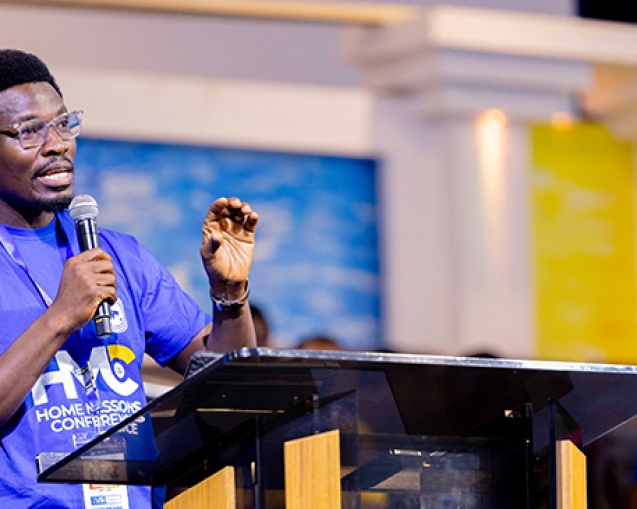David and his men had been rejected from joining the Philistine Army. King Saul, who was supposed to be their protector as their king, was also seeking to destroy them.
Out of frustration and disappointment, they decided to return home. It took them three days to journey back home. Unfortunately, upon their arrival, they realised that another group had raided their city while they were away. Their wives and children, the very people they had been striving for, had been taken captive. Their houses and properties had been burned once again. The entire city had become a pile of rubble (1 Sam. 30:1-4).
When David and his men saw the devastation and how life had dealt them a harsh blow, they became greatly distressed (1 Sam. 30:6). They lifted their voices and wept, and they wept bitterly for the captivity of their families.
What struck me the most in this story, prompting me to write this article, is that the men wept until they “had no more power to weep any longer” (1 Sam. 30:4). In other words, they had no one to console or comfort them in their pain. Therefore, they kept weeping until they had no more strength to continue. Hence, the subject of my article: “Men cry too.”
Men cry too, because they are human beings. They experience all the challenges and emotions that humans go through, and sometimes even more.
Unfortunately, men’s tears often go unnoticed. No one expects them to cry, and no one is willing to lend an ear to hear their grievances. Men themselves pretend they never cry. Society views crying men as weak. “Men don’t cry,” they say. Men are not supposed to express their feelings; they are not allowed to be “emotional” because that is considered a weakness. Due to this societal pressure, many men weep and cry, yet no one seems to acknowledge their tears. It appears that only prisons, ghettos, bars, suicide ropes, and similar places understand and witness the tears of men. Unfortunately, some men mistakenly turn to such places, although that is not the solution.
However, the irony lies in the fact that men don’t cry for themselves; they cry for their families. Like the men in our story, men don’t shed tears for themselves but for their families who have been taken captive by hunger, addictions, bad company, unemployment, poverty, sickness, and disease, among others. They endure all the hardships and struggles to provide for their families.
Throughout the day, many men fight at the “trotro” stations; others dig deep into the earth’s crust for minerals; some pull heavy nets and boats on seas and rivers, while others work under the scorching sun, tending to their farms. Many more endure long and frustrating office meetings to provide for their families.
The greater irony is that people don’t expect the wounds men endure to discourage them from fighting the enemy. On the contrary, like the men in our case study, the wounds men sustain often serve as motivation to fight the enemy even harder, to reclaim all that was taken captive. Society labels men who allow their wounds and pain to break them down as losers and weaklings. Therefore, men suppress their hurts, pains, and disappointments daily and fight relentlessly for their families.
Yet, despite all these heroic efforts, many men still go unrecognised, even on a day dedicated to celebrating fathers like Father’s Day. On this day, the media space suddenly goes silent. Those who choose to talk about men focus on the “deviant” ones, generalising and branding all men with negative stereotypes.
But, all glory to God, even when men cannot rely on anyone to comfort and support them, they can find strength in the Lord (1 Sam. 30:6), who is always there to help those who call upon Him in times of affliction (Psalm 46:1).
Therefore, men can join Apostle Paul in saying, “We are hard pressed on every side, but not crushed; perplexed, but not in despair; persecuted, but not abandoned; struck down, but not destroyed. No, in all these things, we are more than conquerors through Him (Christ) who loved us. For our light and momentary troubles are achieving for us an eternal glory that far outweighs them all. So, we fix our eyes not on what is seen or heard, but on what is unseen, for what is seen is temporary, but what is unseen is eternal” (2 Cor. 4:8-9, Rom. 8:37; 2 Cor. 4:17-18 NIV).
Written by Overseer Kwabena Tagoe (Nanton District Minister, Tamale)


















